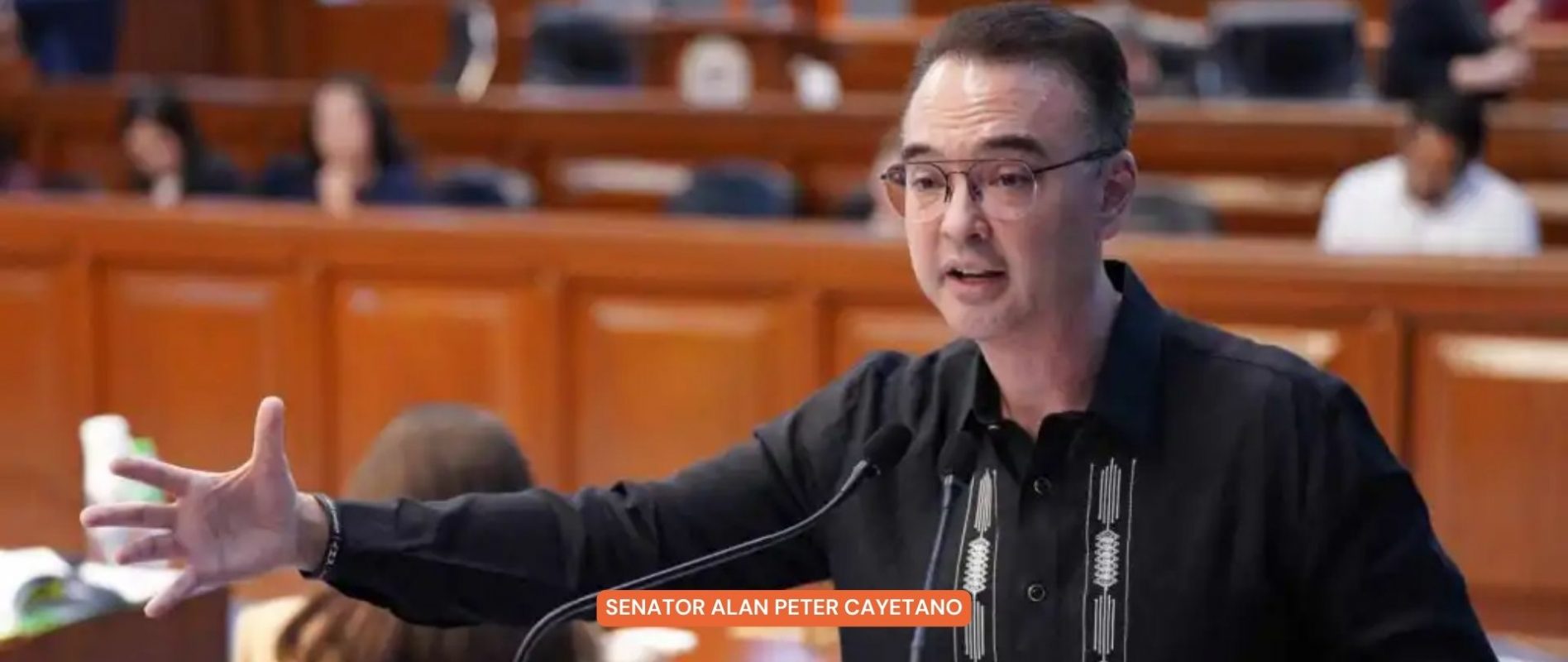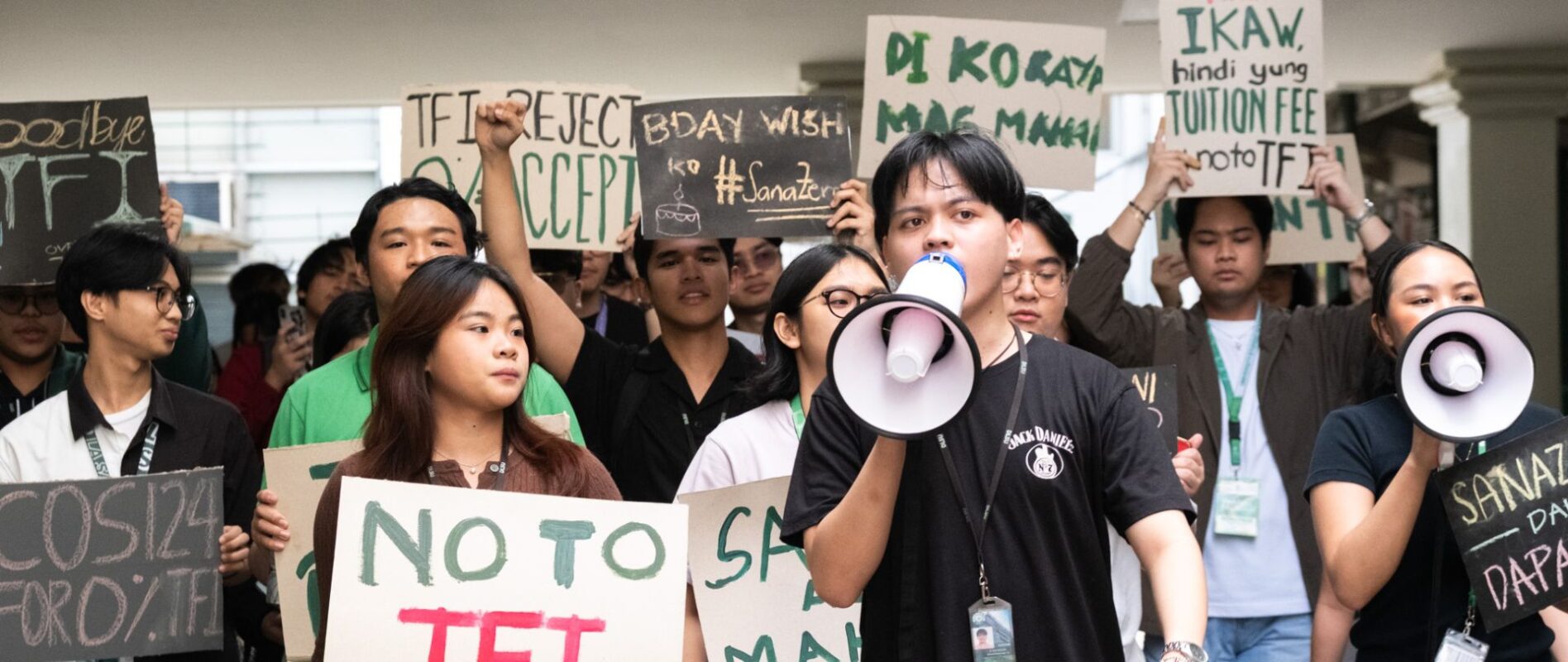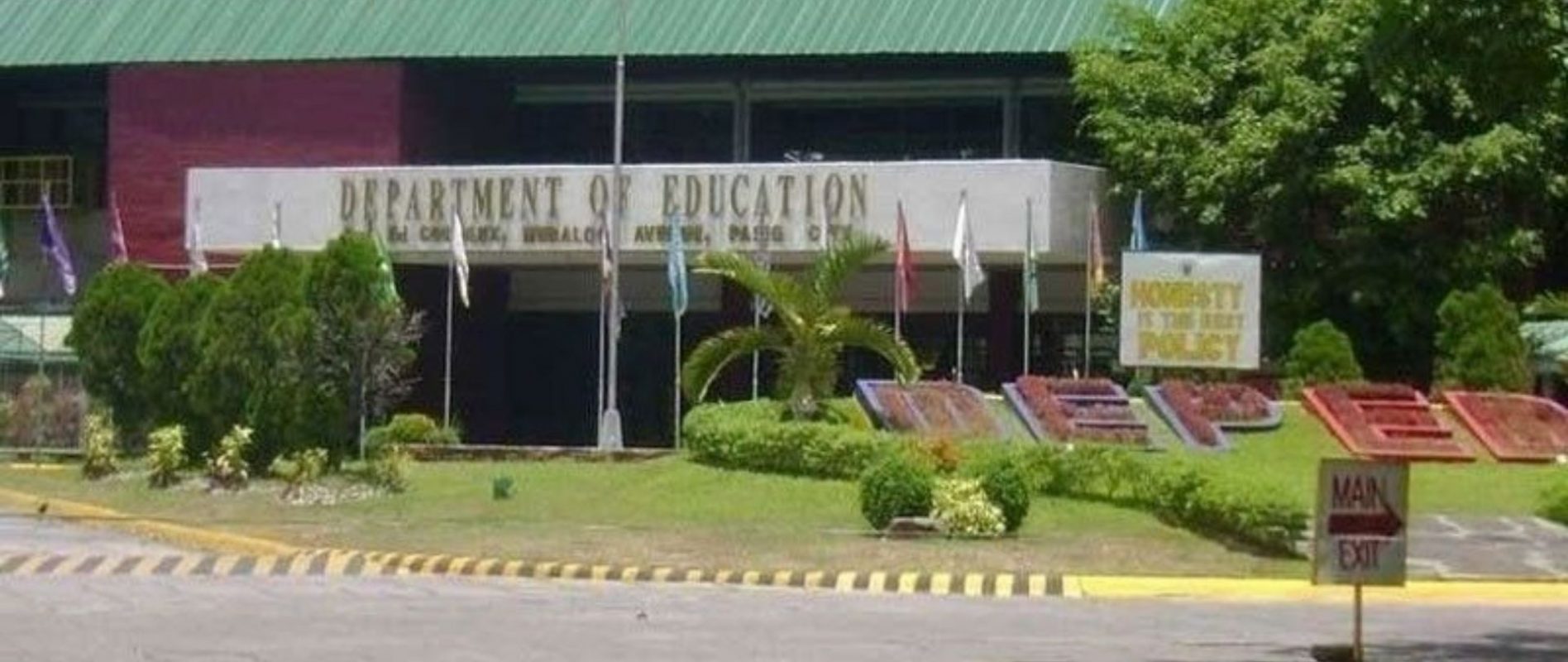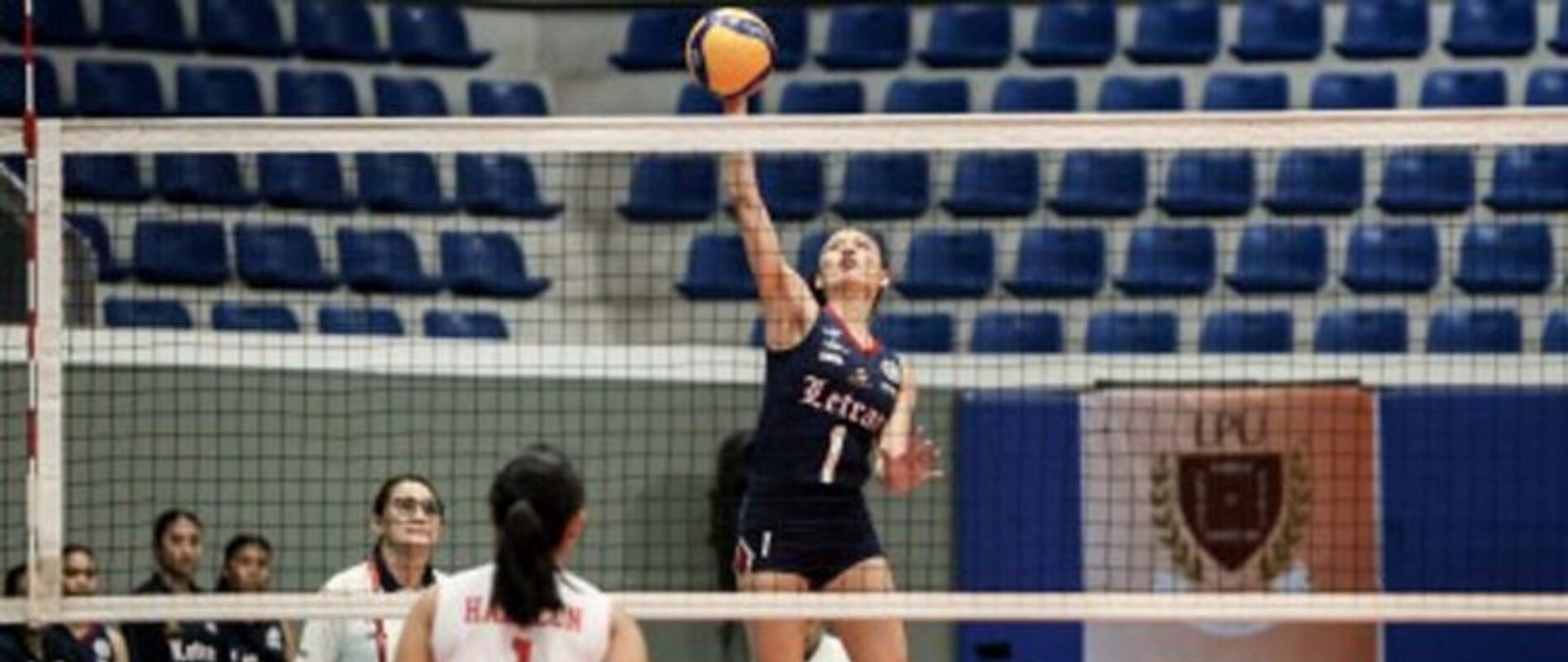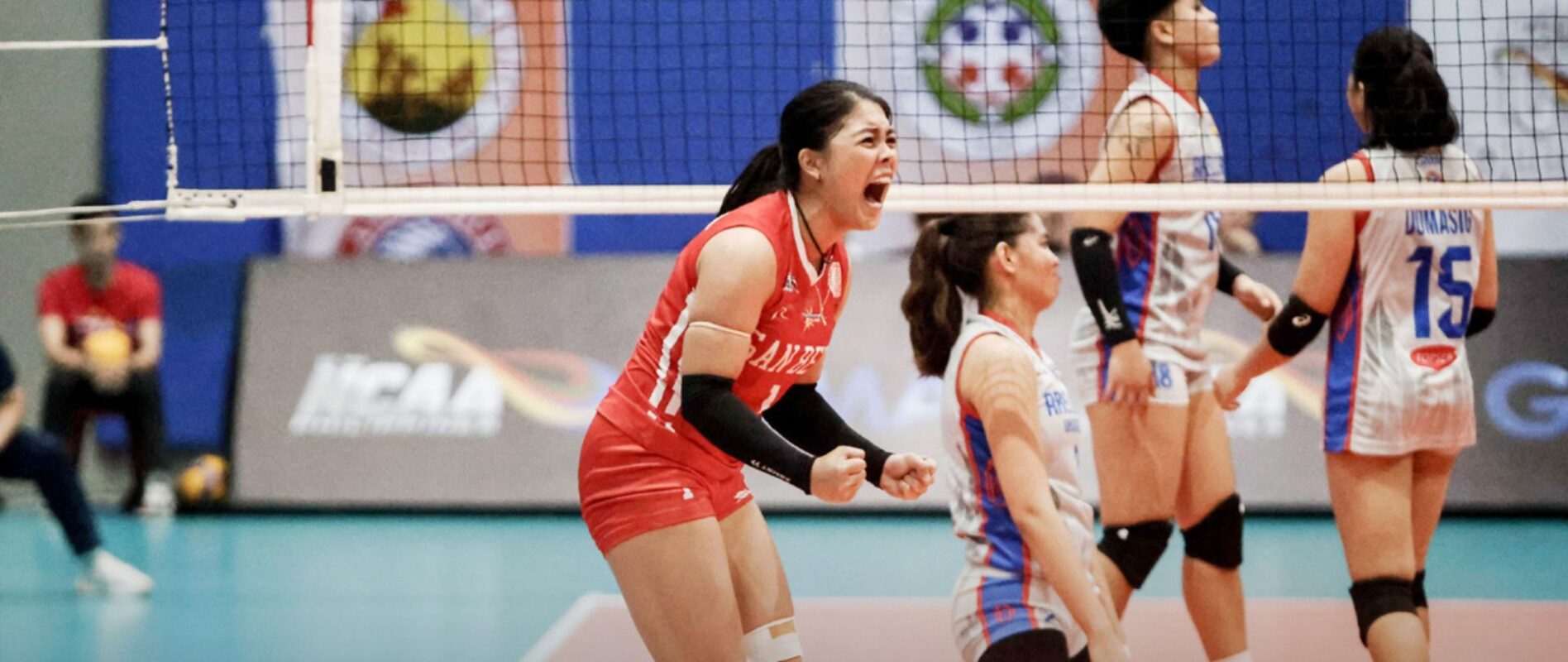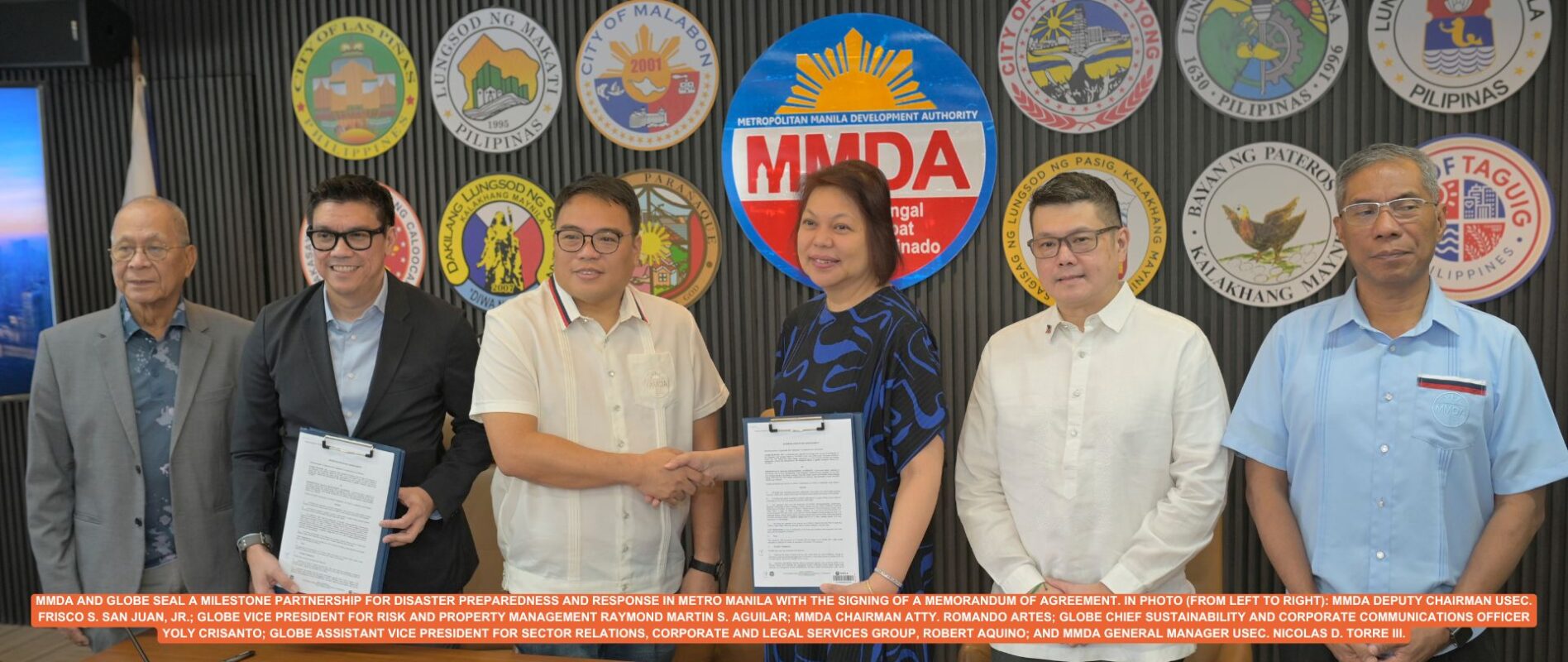LAWMAKER SEEKS TO REMOVE FULL COST OF SCHOOLING FROM KINDER TO GRAD SCHOOL
SENATOR Alan Peter Cayetano has filed a measure that aims to eliminate all financial barriers preventing millions of Filipinos from accessing their constitutional right to education.
Cayetano’s proposed Makakapagtapos Ako Act of 2025 is among his top priority bills for the 20th Congress.
The measure is designed to complement and expand the Universal Access to Quality Tertiary Education Act by covering not just tuition fees, but also other school-related expenses.
The proposed support begins in public kindergarten and extends through graduate school, including learners in technical-vocational programs and the Alternative Learning System.
“Our growth through education and lifelong learning is a fundamental right, not a mere privilege,” Cayetano stated in his explanatory note.
“Yet for many Filipinos, access to quality education remains elusive, often determined more by socio-economic status than by ability and determination,” he added.
While free tuition in public schools has improved enrollment, Cayetano said the hidden costs of education continue to drive students — especially from low-income families — out of school.
Citing data from the Second Congressional Commission on Education (EDCOM II), which he co-chairs, Cayetano said the national dropout rate in tertiary education stands at 39 percent as of 2025.
He also noted that education subsidies for the poorest students have dropped from 74.24 percent in 2018 to just 30.74 percent in 2022.
Under his bill, all students in public basic education will receive free school supplies, uniforms, and learning materials at the start of every school year.
For college students, the measure mandates each city and municipality to establish a Local Government Educational Assistance Program, offering financial aid to residents enrolled in public or private colleges and universities.
Priority will be given to college students from marginalized sectors, those taking priority courses, and students who excel academically.
The bill also proposes support for students taking licensure exams, graduate-level education, and tech-vocational courses.
Additional support will be extended to learners with disabilities, indigenous peoples, solo parents, and other disadvantaged groups.
“This bill is anchored on the Christian principle that every single life is valuable. An inclusive society leaves no one behind,” Cayetano said.
He also proposed a P25-billion annual budget over the next ten years for infrastructure, facility upgrades, and dormitory construction in state universities and colleges.
“By investing in the physical capacity of our public institutions, we complete the support system,” he said.

